For many years, the NFL was content to make its annual Draft the media event of its offseason, attracting millions of viewers each year through its broadcasts on ESPN and NFL Network from the comforts of its home in New York City.
But in 2015, the league left New York City for a two-year stint at the Auditorium Theatre in Chicago — and since 2017, it has been on the road, turning the NFL Draft into a traveling festival that attracts hundreds of thousands of fans to a different city each season.
“The draft was a TV show,” Greater Cleveland Sports Commission SVP of business operations Mike Mulhall told Front Office Sports. “Once the NFL took it on the road, they started to understand the property that they had.”
It’s a property that has proved unstoppable — even in the most extenuating circumstances.
Around 2017 — the year the league experimented with its first true roadshow in Philadelphia — it asked NFL cities for proposals on where to host future drafts.
Cleveland applied for the privilege but was denied on its first try, as its ambitious plan to host the first two days in the city and the third day at the Pro Football Hall of Fame in nearby Canton was deemed too logistically difficult.
Mulhall and his team attended the drafts in Philly, Arlington, and Nashville to learn how to run the event. With that research in mind, Cleveland applied again and was awarded the 2021 Draft.
From there, GCSC raised the $4 million necessary to cover the obligations requested by the NFL. It received contributions from the state of Ohio’s major sporting event grant program, corporate partners, and, of course, from the hometown Cleveland Browns.
With a lakefront venue by the Browns’ stadium secured, Cleveland was ready to show the world what it could do with an NFL Draft — until the world stopped in March 2020.
‘Making Lemonade’
As in every sector of society, the COVID-19 pandemic threw a massive wrench into the NFL Draft’s plans for two years.
In 2020, commissioner Roger Goodell famously hosted the event from his basement in Bronxville, New York, delaying the initial live event in Las Vegas to 2022.
But in 2021, with vaccine rollouts just getting underway, the league decided to move ahead with its original plan of being in-person — presenting a massive challenge to Mulhall’s team in Cleveland.
“Honestly, six, eight weeks out, we didn’t know if we were going to have an in-person event, which was really, really tough,” says Mulhall. “With how volatile that situation was in those days, we had to have a plan A, B, C, and D.”
GCSC closely aligned with state and local officials about what it would need to do to run the event as safely and smoothly as possible.
- Attendees in the draft theater had to prove they were fully vaccinated.
- The event had to time out entrances onto the grounds to get everyone in, but not at once to avoid crowding.
- Several COVID-era restrictions were lifted around that time, which was a big help, according to Mulhall.
The Commission also had difficulty securing the music acts that have become staples of the event, as “no one was touring or practicing” at the time, per Mulhall. However, they were ultimately able to book rock group Kings of Leon to put on a spirited show for the smaller, passionate contingent that showed up.
“One of the biggest disappointments from our standpoint is we felt we were really well positioned to have a massive audience,” Mulhall says, noting that several NFL cities are within realistic driving distance of Cleveland.
Still, despite the restrictions and limited entertainment options, Cleveland managed to attract 50,000 people per day to the 2021 Draft (for reference, this year’s event in Kansas City is projected to attract 300,000 people over three days).
Cleveland’s Draft also generated an estimated $42 million in economic impact after it was conservatively projected for $100 million before the pandemic hit.
It shows just how much staying power the NFL’s traveling roadshow has — and how it can only continue to grow as cities vie to one-up each other each year.
“It was a lot of work on our part, on the Browns’ part, on the city of Cleveland, and the NFL,” says Mulhall, “but I think we did a really good job of making lemonade out of lemons.
“It was a major source of pride for our city to be able to host it.”
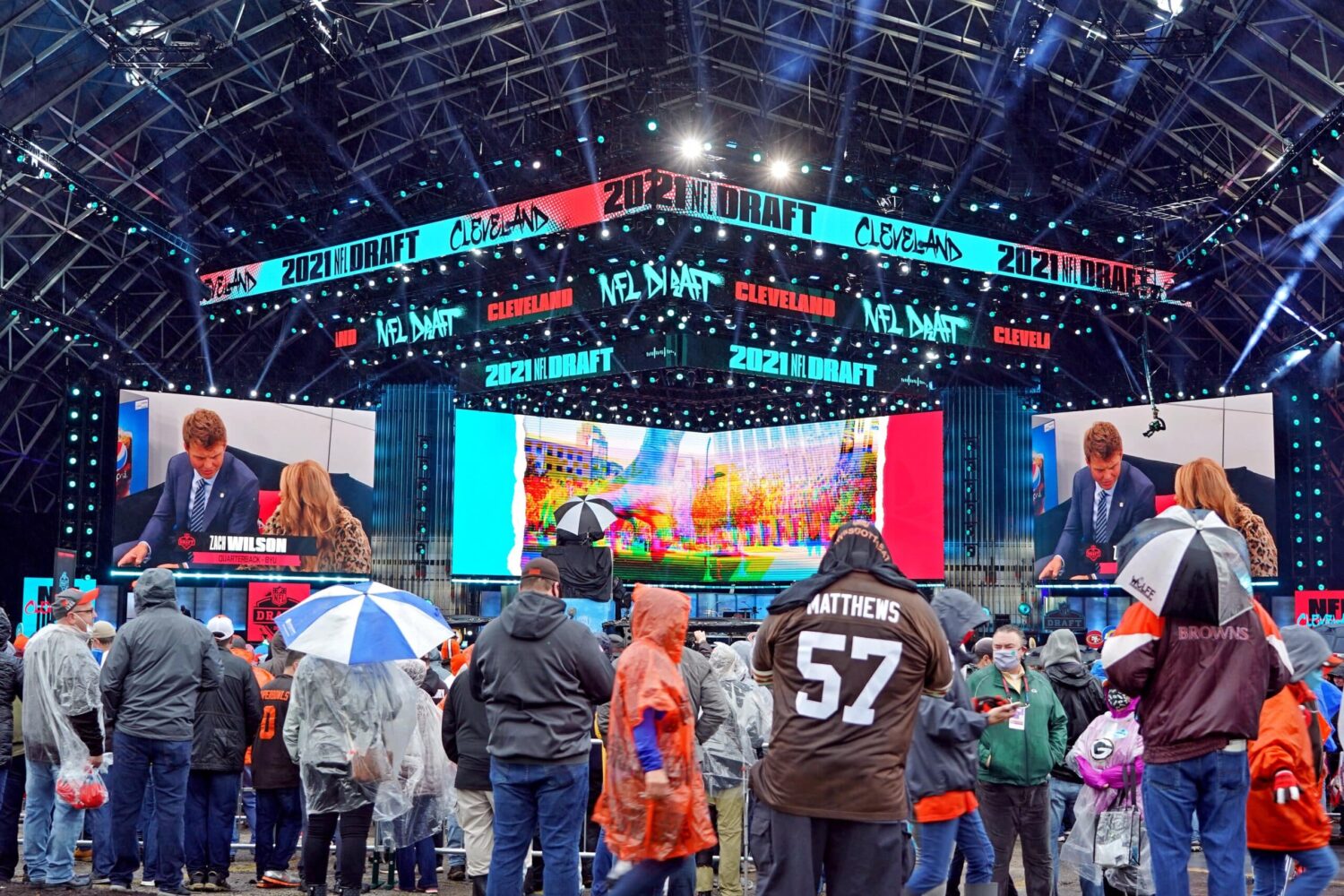
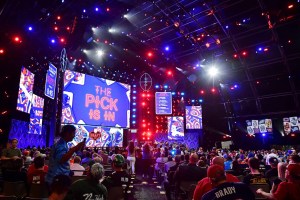
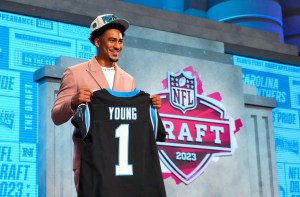
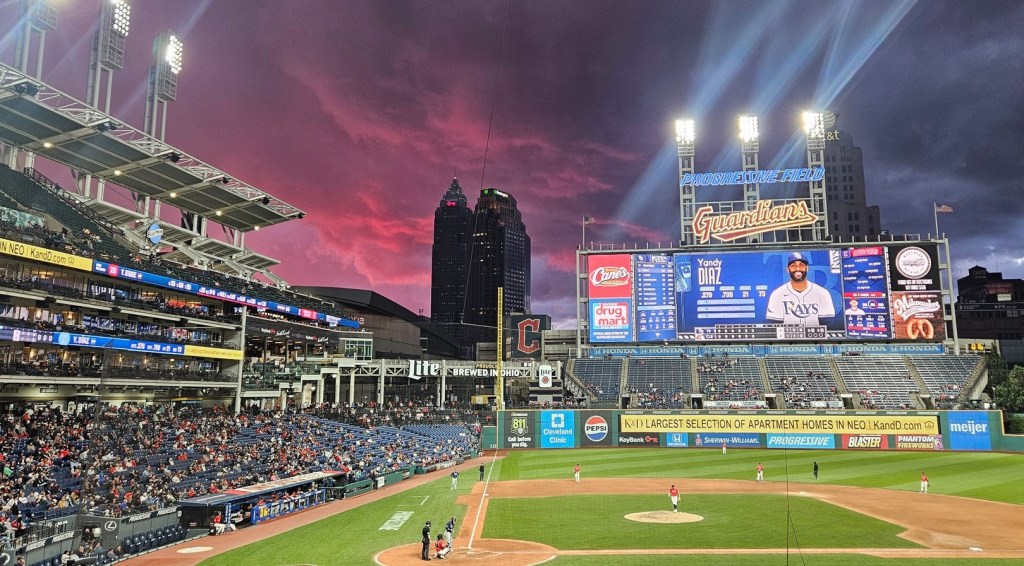
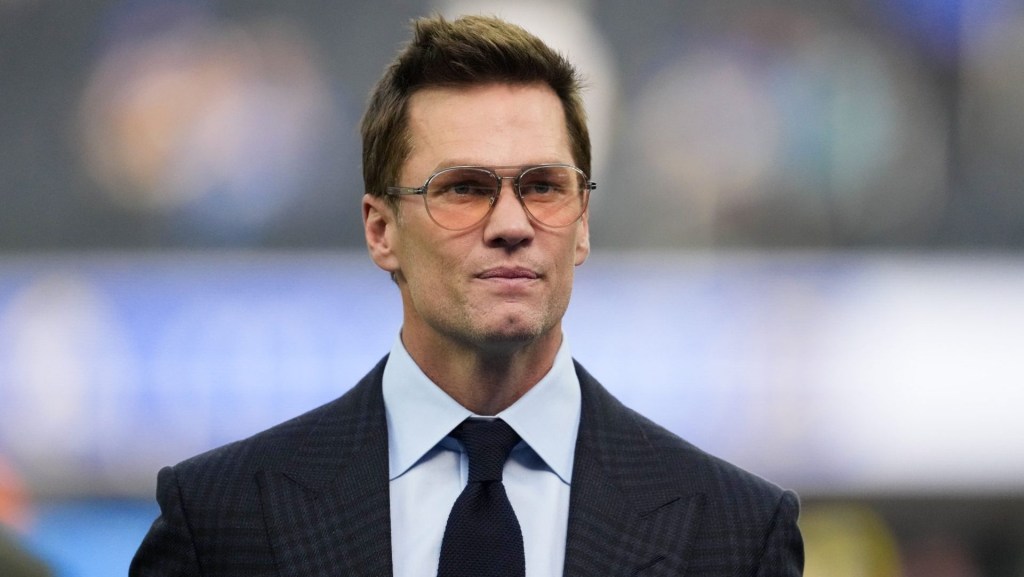




![[Subscription Customers Only] Jun 15, 2025; Seattle, Washington, USA; Botafogo owner John Textor inside the stadium before the match during a group stage match of the 2025 FIFA Club World Cup at Lumen Field.](https://frontofficesports.com/wp-content/uploads/2026/02/USATSI_26465842_168416386_lowres-scaled.jpg?quality=100&w=1024)
![[Subscription Customers Only] Jul 13, 2025; East Rutherford, New Jersey, USA; Chelsea FC midfielder Cole Palmer (10) celebrates winning the final of the 2025 FIFA Club World Cup at MetLife Stadium](https://frontofficesports.com/wp-content/uploads/2026/02/USATSI_26636703-scaled-e1770932227605.jpg?quality=100&w=1024)
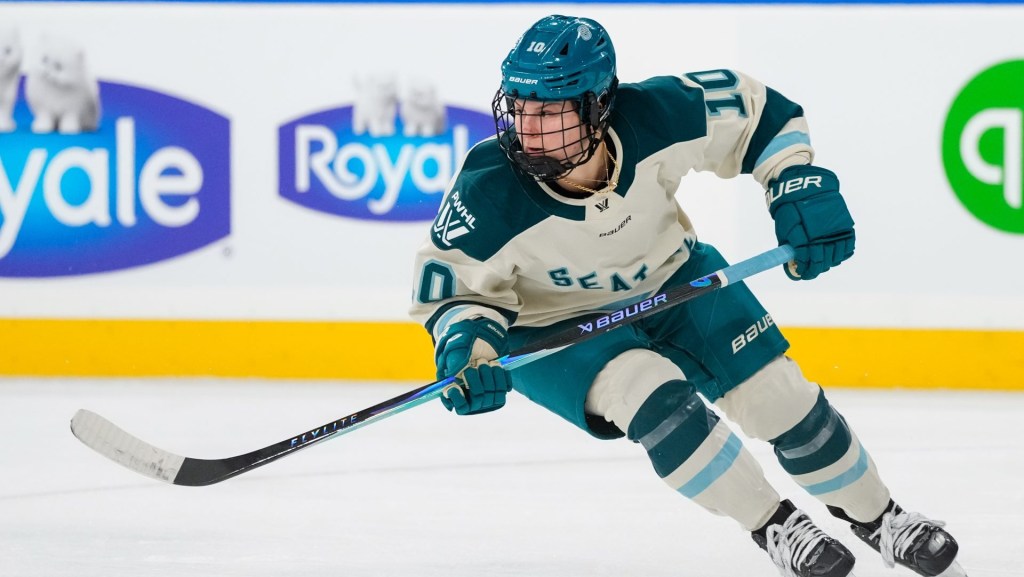
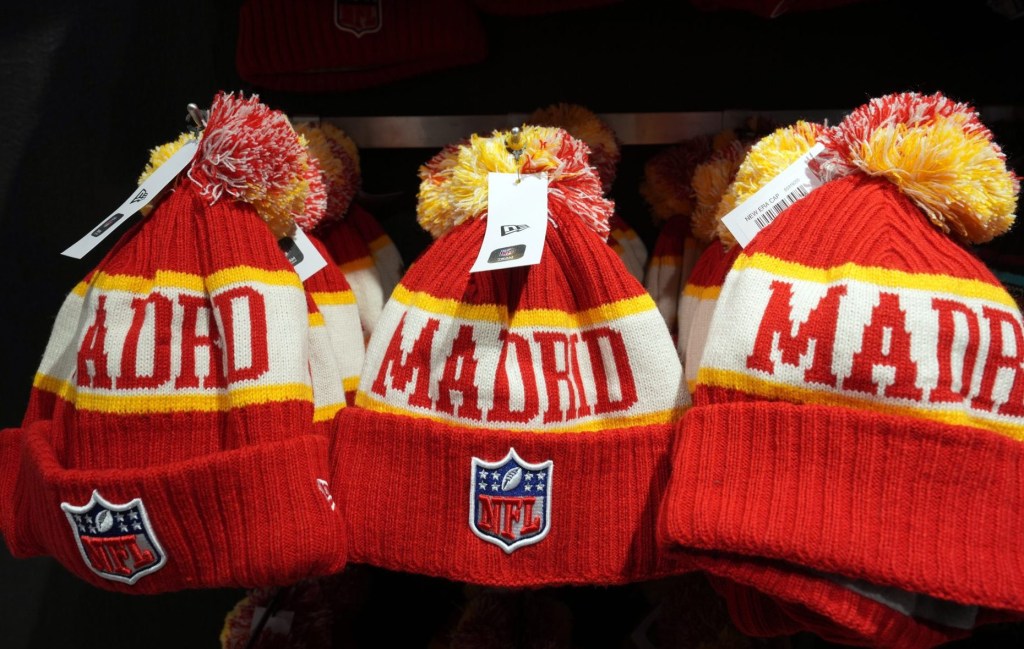


![[US, Mexico & Canada customers only] Feb 6, 2026; Riyadh, SAUDI ARABIA; Jon Rahm in action during the third round of play at LIV Golf Riyadh at the Riyadh Golf Club.](https://frontofficesports.com/wp-content/uploads/2026/03/USATSI_28173562_168416386_lowres-scaled.jpg?quality=100&w=1024)

![[US, Mexico & Canada customers only] Sep 28, 2025; Bethpage, New York, USA; Team USA's Bryson DeChambeau reacts after hitting his approach on the 15th hole during the singles on the final day of competition for the Ryder Cup at Bethpage Black.](https://frontofficesports.com/wp-content/uploads/2026/03/USATSI_27197957_168416386_lowres-scaled.jpg?quality=100&w=1024)

